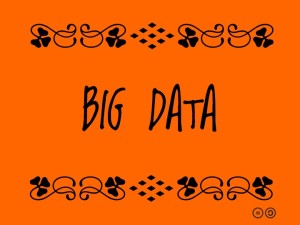Legal issues of Big Data – new challenges
 The article gives an overview of legal issues associated with the new phenomena of Big Data.
The article gives an overview of legal issues associated with the new phenomena of Big Data.
The inspiration comes from an interesting article, written by Kuner et al., that was published in International Data Privacy Law (the reference below). It describes legal challenges raised by Big Data. The authors specified these issues:
- Are there limits as to what can be done with accurate, lawfully obtained information? Do they apply across the board, even to anti-terrorism and law enforcement activities?
- Should there continue to be a ‘Collection Limitation Principle‘ in a world ubiquitous data and an apparently insatiable willingness of the public to supply its data online?
- Is there a proper role for individual consent, in the light of Big Data?
- Should there be a right to be forgotten – to have lawfully collected data deleted at the direction of the data subject? What about the situation, when data are located in different places?
- What is the proper and practical role for government in the face of a deluge of digital data? Should it lead to the emergence of new individual public rights, enforced by governments? How should governments execute and protect these rights? And what are the limits of these powers?
- Finally, the authors ask whether we need to rethink the concept or the application of national sovereignty in the context of inherently global data flows?
It is one of the ambitions of this website to address these issues in more detail. In the present environment, data are more important and their use increases. Accordingly, it is fair to assume, that the legal issues of Big Data would be a popular topic.
Note: This article is intended as a summary of issues. Its purpose is not a to provide legal advice or create an attorney-client relationship between you and the author of this article (see Terms and Conditions)
